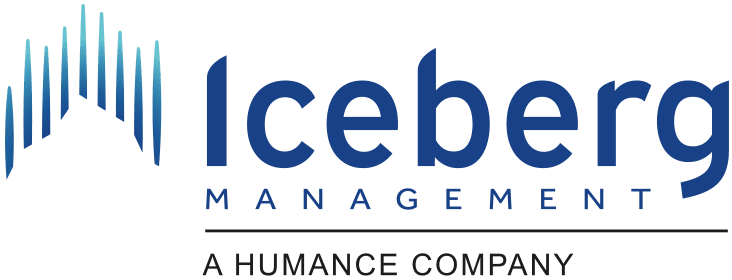
Employee Coaching & Training
November 23, 2018
The learning organization: the 5 facilitators
The 21st century is marked by an unprecedented technological revolution. We are in the digital age and we are not ready to leave it. Every year, new trends emerge and professionals who are more connected than ever make organizations more and more agile. And yours?
With the arrival of artificial intelligence, a major challenge for organizations is to maintain employee engagement and competence under a sea of novelties. Thus, an essential practice is management and skills development. Indeed, this human resources practice meets the need for employee engagement and fits perfectly with the need to be more adaptable and competitive.
According to researchers Rivard and Lauzier[1], there are 5 facilitators of learning organizational:
- the acquisition and transformation of knowledge
- learning culture
- strategic knowledge management
- le organizational support
- learning-focused leadership
Many organizations limit themselves to number 1, and invest in training with their 1%. But why not focus on the 5 facilitators? Is it due to lack of time or resources? What if we started by changing your attitude towards learning? We would already win numbers 2 and 5!
First of all, motivate your employees to always continue learning. We emphasize their value and their contribution to the organization. Training is a shared responsibility between the employee and the employer. Start from the premise that human beings like to develop and learn. Then, put yourself in their shoes. Do you allow your employees to try new things and make mistakes? If so, you’re getting closer to number 4.
You already know the benefits of managing (and protecting) knowledge. What could you document to win number 3? What if this documentation could be via a video, instead of long documents to write?
SOURCE:
[1] RIVARD, Patrick and LAUZIER, Martin. Management of training and human resources development. 2th edition. PUQ. August 2013.

Noellie Dias, CPHR
Organizational Development Consultant,
Human Resources Specialist
Advice Centre
Discover more inspiring content
Find out how our methodology has transformed companies from different sectors. Each article is proof of our expertise.

Culture and Health Wellness
Non-monetary recognition: a free, significant but yet shunned lever
Non-monetary recognition is more rewarding than gifts. Integrate it into your interactions, offer special attention and be creative!

Culture and Health Wellness
The ABCs of Human Resources Week
#HRWeek brings together all human resources to recognize their value. Participate from April 24 to 28, 2017!

Culture and Health Wellness
The respect
Respect at work means considering employees, respecting their privacy and informing them of company decisions.

Organizational Structure
Learn to say thank you (it stimulates performance)
Why offer recognition every day? Managers hesitate due to lack of time and interest, but the financial consequences are obvious.

Culture and Health Wellness
Human Resources Week: 5 easy ways to participate
Human Resources Week is the perfect opportunity to recognize the value of your employees. Create a personal connection with them. #HRWeek

Recruitment & Employer Brand
Social networks: very useful but not for everyone!
Recruitment strategies must be tailored to the target audience to ensure success. Social media is not always the best option.

Employee Coaching & Training
Is your team made up of managers or leaders?
Leaders and managers have different roles, but can be developed using behavioral tools to exploit their full potential.

Performance Management
Focus on motivation to generate more output
A mini-quiz on the professional motivation of Quebec workers challenges myths about salary and promotion.

Culture and Health Wellness
Where to invest your dollars to better retain your employees?
Non-financial compensation is essential for attracting and retaining employees. Encourages corporate practices for a successful business.

Overall Compensation
How to eliminate headaches caused by salary increases?
How to standardize the salary increase process? A total compensation policy based on external, internal and salary equity can help.

Organizational Structure
5 steps to successful change management
The success of any change management project depends on employee involvement, communication and human innovation.

Iceberg news
Iceberg Management joins Humance
Iceberg Management joins Humance in a strategic HR alliance to strengthen support for organizational leaders and teams.
